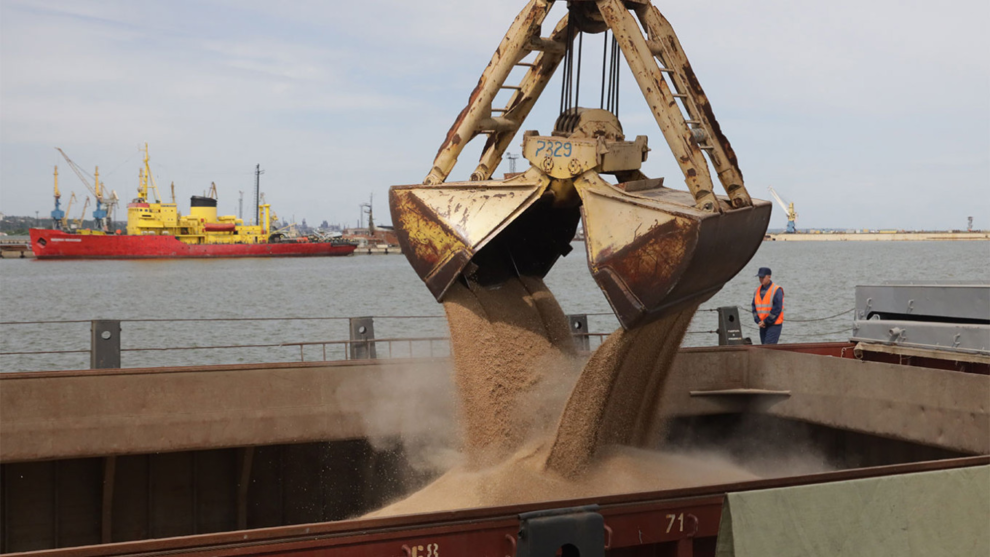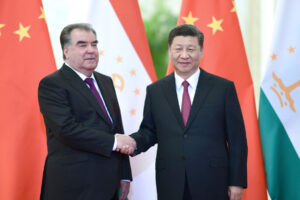Russian President Vladimir Putin has agreed to extend the Black Sea grain deal which expires next week, Turkish President Recep Tayyip Erdogan said on Friday.
Erdogan told reporters he had spoken with his Russian counterpart about the crucial deal allowing for the export of Ukrainian grain to ease a global food crisis.
The deal, signed five months after the Russian invasion of Ukraine, is set to expire on Monday, and Putin has repeatedly threatened not to renew it because of obstacles to Russia’s own exports.
“We are preparing to welcome Putin in August and we agree on the extension of the Black Sea grain corridor,” Erdogan told reporters.
But when asked by Russian press agencies, the Kremlin spokesperson did not confirm Erdogan’s claims.
“There is no statement about this from the Russian side,” Dmitry Peskov said.
Speaking in Jakarta, U.S. Secretary of State Antony Blinken called on Russia to extend the deal, warning that the most vulnerable countries would suffer without it.
“Developing countries including in the region will pay the price including quite literally with higher food prices, as well as greater food scarcity,” Blinken told reporters after Southeast Asian talks.
UN Secretary General Antonio Guterres this week sent Putin a letter about the extension of the deal. He supports removing hurdles to Russia exporting its fertilizers — another element Moscow has complained is not being respected.
Erdogan said he hopes “that with this letter we will ensure the extension of the grain corridor with our joint efforts and those of Russia.”
Putin on Thursday warned that “not one” of Moscow’s conditions for the deal to function had been met.
“I want to emphasise that nothing was done, nothing at all. It’s all one-sided,” Putin said in a televised interview, adding: “We will think about what to do, we have a few more days.”
The deal, which Erdogan helped broker, has allowed Ukraine to ship more than 32 million tons of grain past Russian warships in the Black Sea.
Much of the grain has gone to feed people in developing countries in Africa, the Middle East and elsewhere. If the exports were again blocked, food prices could spiral even higher than they are now.
Source : TheMoscowTimes
















